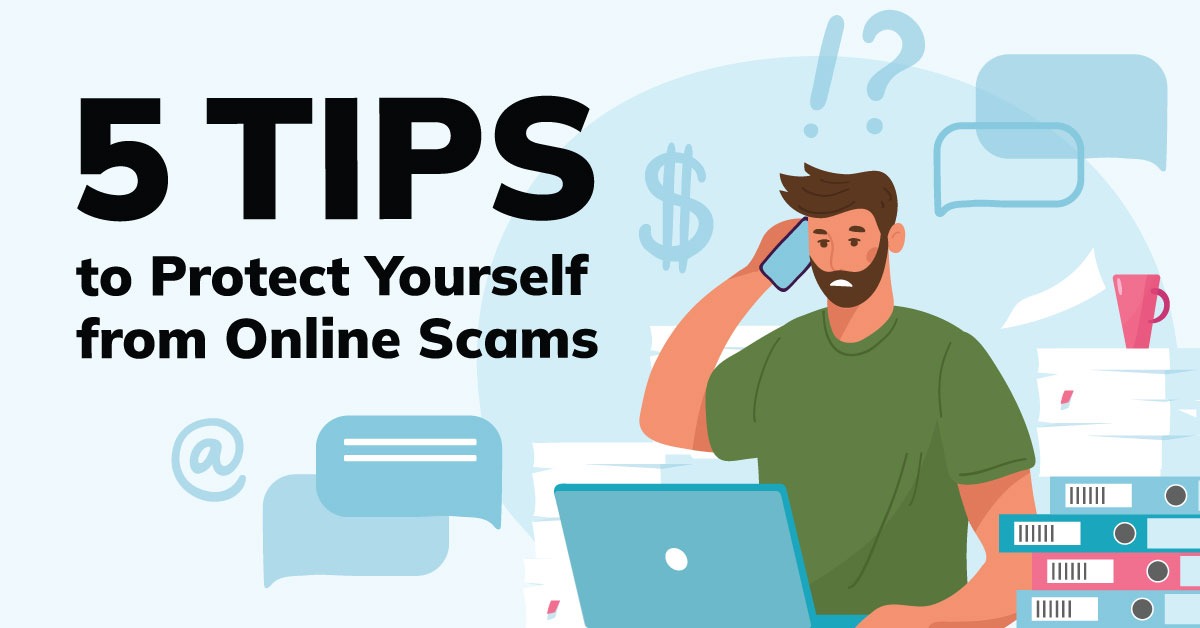Fraud is becoming more and more common on the Internet and via email. You are more likely to become a victim of fraud or cybercrime than other crimes. Learn more about the different types of online scams and how to avoid them.
Fraud on the Internet through e-mail and websites
There are many different types of online scams, such as fake free trial offers, fake emails, and fake goods. Below are some of the most common ones.
Government Copycat Sites
Some scams involve websites that look like official government websites such as HMRC.
They charge you for processing or renewing official documents such as passports or visas, which you can arrange yourself for free or cheaper.

Sometimes a fee is charged, but the application is not processed at all.
Dating and romantic relationship fraud
Scammers use dating sites, social networks, and chat rooms to get personal information or money from people. Romantic scammers do not pursue a specific gender, sexuality, race, or age.
What you
should Do If you are online dating, start with a reputable website. Beware of someone who asks a lot of questions but doesn’t reveal details about themselves. Never transfer money or send them valuable goods, and never allow anyone you don’t know or trust to transfer money to your bank account.
“John” from Northern Ireland was the victim of a love deception. Listen to John’s story. (the external link will open in a new window/tab)
Vacation Fraud
Scammers target online vacation booking sites and accommodation sites to trick unsuspecting customers into paying for accommodation that is unavailable or that does not exist.

Often, the victim does not realize that they have been deceived until they arrive at their accommodation or destination and discover that the reservation has not been made.
Fraud with mandates
This happens when two people correspond by email, and the scammer hacks into the account, creates a very similar copy, inserts the bank account details, and requests payment, as a result of which the scammer receives money.
Farming
Pharming is when hackers redirect traffic from one real website to another, for example, from a fake e-commerce website or a banking site.
It is difficult to protect yourself from this scam because although you entered the correct address to go to a certain website, you will still be redirected to a fake website to access your personal information.
Phishing Emails
A common trick that scammers use is to send you a fake email posing as your bank or another organization that you trust, such as HMRC or PayPal.
In this email, you will be asked to visit the website and log in using your account details. The website looks just like your bank’s website, but it’s a fake website created by criminals to get your information.
For more information about online fraud, click on the following link.
The Little Book of Great Scammers
Read about some of the scams reported in Northern Ireland at the link below. New updates about fraud are published regularly.

Fraudulent activity on Facebook (the external link opens in a new window/tab)
Protect yourself from online scams
Make sure that all the websites you use are secure. Trusted websites start with HTTPS, not HTTP.
After loading the page, make sure that the website address you entered has not been changed to a slightly different spelling.
Use secure wireless connections.
Update your antivirus software.
Make sure that all accounts have a strong password. Do not use the same password for multiple accounts and do not change it regularly.
Follow the following link to learn more about how to protect yourself from online fraud.
A Small Book About Major
Scams for Fraud Prevention and Reporting




